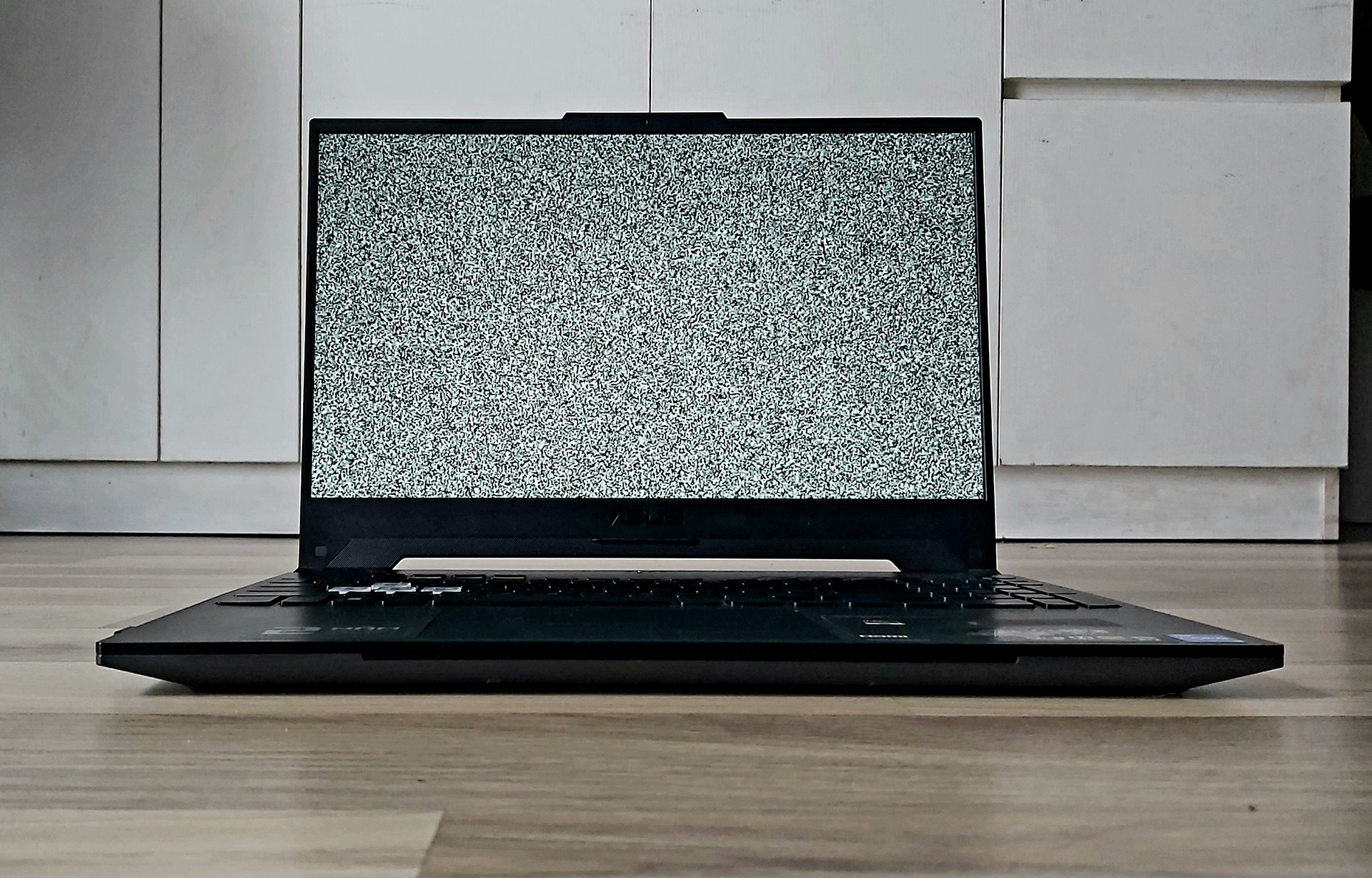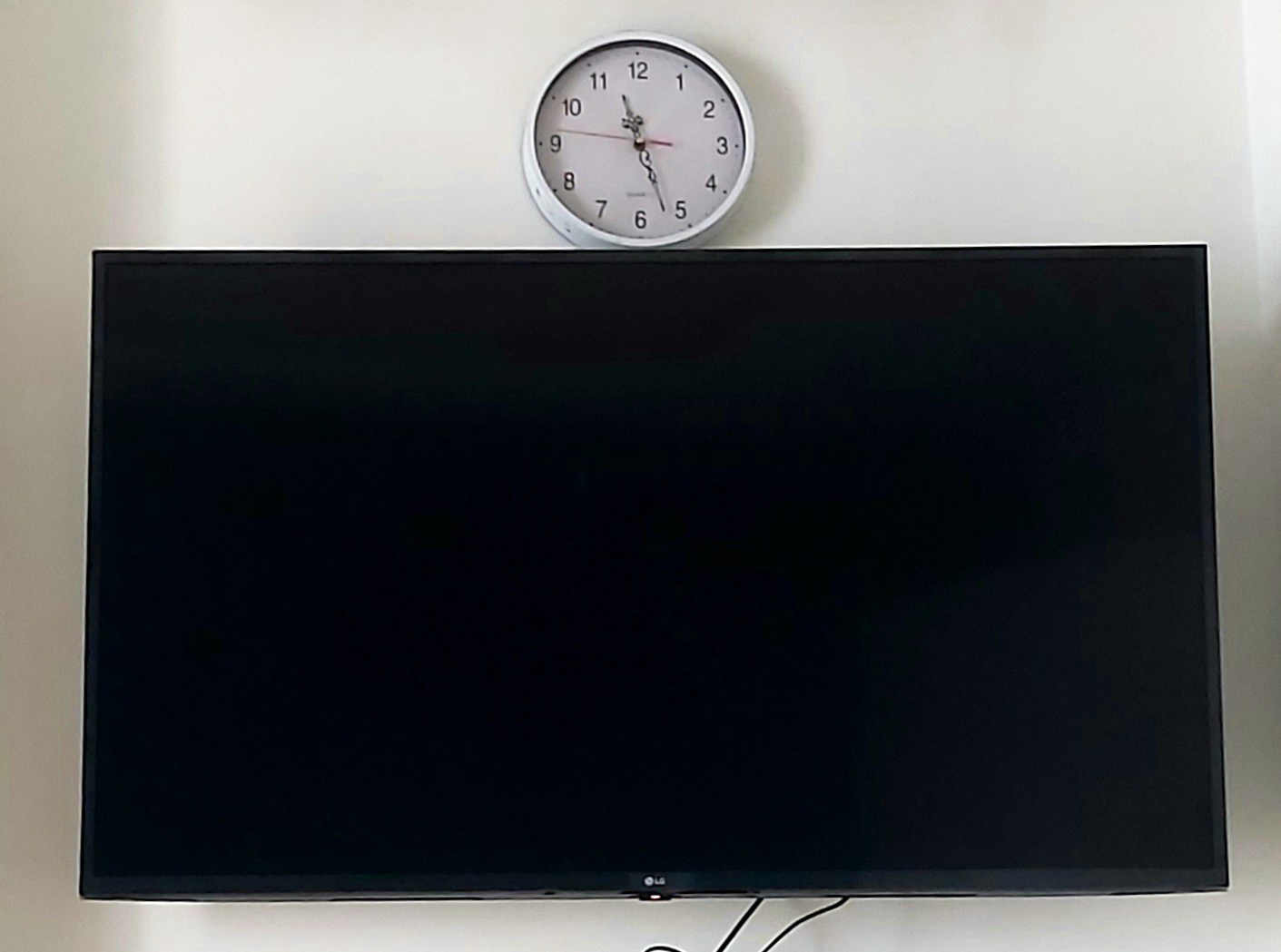Neon lights saying 'Waterfall lounge'. Photo: Tran Nhat Lam Thuy
"What were two points from this week's readings that stood out to you as particularly important and/or interesting?"
"Why so?"
One aspect of the reading that caught my attention was the existence of a digital divide and a skill division. I found this interesting because, as Castells (cited in Muller, Cloete & Badat 2001) explains, "While technology per se does not determine technological evolution and social change, technology (or the lack of it) embodies the capacity of societies to transform themselves."
Another interesting point is that, according to the concept of technological determinism, different media can result in a variety of methods of organizing knowledge and power. Some convincing examples of the power of print media and newer media have been provided to prove this point (O'Shaughnessy, Casey & Stadler 2016). Furthermore, communications theorist Neil Postman (1993) claims that all technology has an ‘embedded ideology’ that comes encoded with a value system or "an ideological bias, a predisposition to construct the world as one thing rather than another, to value one thing over another."
Word count: 154
(O'Shaughnessy, Stadler & Casey 2016)
~#~
Neon lights saying 'trust me you are not drunk - beer said -'. Photo: Tran Nhat Lam Thuy
"What are hot and cool media?"
Hot media are high-definition information outlets that prioritize one sensory modality over all others. Since they do not engage their audience as a source of knowledge, they are rich sources of information. Some examples of hot media include radio, photographs, videos, books, etc. (McLuhan, 1964)

HUFLIT Notebook. Photo: Tran Nhat Lam Thuy

Flower Vase. Photo: Tran Nhat Lam Thuy

Bookcase filled with books. Photo: Tran Nhat Lam Thuy

Oil and gas exploitation at Rach Ho mine redrawn. Photo: Tran Nhat Lam Thuy

Note saying 'Your chosen methodology of interaction displays a shocking measure of unmitigated termerity'. Photo: Tran Nhat Lam Thuy

Selfie with two hands. Photo: Tran Nhat Lam Thuy

Laptop with static screen. Photo: Tran Nhat Lam Thuy

Selfie with one hand. Photo: Tran Nhat Lam Thuy

Giant TV. Photo: Tran Nhat Lam Thuy
On the other hand, because of their low definition, cool media demands a lot of user interaction (the viewer/user must fill in any gaps in the information). They encourage interaction because a variety of senses can be used. Telephones, televisions, cartoons, and comics can be considered cool media. (McLuhan, 1964).
~#~
"In your own words, what does 'technological determinism' mean?"
In my own understanding, technological determinism is the idea that technological advancements shape social dynamics and spur social change. Society does not decide how technology should be created or used; rather, technology determines how society functions.
~#~
"Marshall McLuhan and Raymond Williams famously disagreed about the power of media technology to shape society."
"What were their positions?"
"What were their positions?"
Regarding Marshall McLuhan, based on the "medium is the message" stance, the characteristics of the medium chosen to deliver the material have an impact on the community. Technological determinism also argues that the form of the media is more important as it has its own advantages, drawbacks, and affordances to limit, empower, or transform its consumers (Martin 2022). Furthermore, hot and cool viewpoints have been used by McLuhan (1964) to demonstrate the media and its effects on its consumers, such as how a movie - a hot media - does not need effort from viewers and only enhances vision while a television - a cool media - requires the audience to interpret meanings of the content delivered by the medium.
(Smith n.d.)
(Mambrol 2016)
On the contrary, Williams criticised McLuhan for ignoring additional issues that might influence our lives and society, which include political structures, freewill, history, socio-economic factors, and many more. John (1998) claimed that Williams "also contends that society shapes technologies through the political economy of the institutions involved in developing the medium".
~#~
"Who do you agree with more?"
In my opinion, Raymond Williams' ideology is more convincing compared to McLuhan's because, while there is no denying that the media has a heavy impact on society, I believe that technologies alone could not reshape the world without the assistance of content and the aforementioned additional issues.
Word count: 347
~#~
Reference list:
Castells, M 2001, ‘Information technology and global Development’, in J Muller, N Cloete, & S Badat (eds), Challenges of globalisation: South African debates with Manuel Castells, Maskew, Miller, and Longman, Johannesburg.
Jones, P 1998, Technology is not the cultural form?: Raymond Williams’s sociological critique of Marshall McLuhan, Canadian Journal of Communication, Sydney.
Martin, C 2022, ‘Lecture 4. Form vs content’, MDA10001 Introduction to media studies, Learning materials via Canvas, Swinburne University of Technology, 24 March, viewed 30 September 2022.
'Media & Society' [book cover], in Media and society. 6th ed. Victoria: Oxford University Press, viewed 4 January 2023, <https://www.oup.com.au/new_book_images/covers/9780195597257.jpg>.
'[Raymond Williams]' [image], in Mambrol, N 2016, Raymond Williams as a Marxist literary theorist, Literary Theory and Criticism, viewed 4 January 2023, <https://literariness.org/wp-content/uploads/2016/04/2015_10_raymond_williams.jpg>.
Smith, J n.d., 'McLuhan in 1945' [image], in Marshall McLuhan n.d., Wikipedia, viewed 4 January 2023, <https://upload.wikimedia.org/wikipedia/commons/f/f8/Marshall_McLuhan.jpg>.
O'Shaughnessy, M, Casey, S, and Stadler, J, 2016. Media and society. 6th ed. Victoria: Oxford University Press, pp.109-111.
Postman, N 1993, Technopoly: The surrender of culture to technology, Vintage, New York.







